I know that the State Bank of Vietnam is proposing to amend the Law on Credit Institutions. So how is it specified? - Hong Dao (Can Tho)

Proposal to amend the Law on Credit Institutions: 02 policies that need to be considered in Vietnam (Internet image)
The State Bank is proposing to develop a Law to amend and supplement a number of articles of the Law on Credit Institutions to ensure operational safety and sustainable development of the credit institution system in Vietnam.
 |
Dossier on developing the Law amending the Law on Credit Institutions |
Overall assessment of the results of the implementation of the Law on Credit Institutions in Vietnam
- The Law on Credit Institutions has created the necessary legal corridor for the operations of credit institutions. The law specifically stipulates the scope of operation of each type of credit institution, taking the operation of commercial banks as a reference when regulating the scope of operation of other types of credit institutions.
- The Law on Credit Institutions and guiding documents on the Law on Credit Institutions have created conditions for credit institutions to improve the quality of management and enhance risk management capacity in banking activities, gradually approaching international standards and practices. However, to enhance the quality of governance and operation of credit institutions, a number of provisions of the Law on Credit Institutions need to be promptly amended and supplemented, such as: regulations on the holding ratio of 01 shareholder, shareholder, and related person of the shareholder; credit limit ratio; and supplementing the case of jointly holding the positions of managers and executives of credit institutions.
- The Law on Credit Institutions has created a legal corridor to safely control the system of credit institutions: Weak credit institutions are identified and restructured, preventing the failure of credit institutions from occurring beyond control. Weak credit institutions are dealt with resolutely through mergers, consolidations, and acquisitions, ensuring the stability and safety of the system of credit institutions and the safety of the assets of the State and people. State-owned commercial banks have both proactively implemented self-restructuring and actively participated in the restructuring process of weak credit institutions, maintaining their leading position and playing a pivotal role in stabilizing the system, leading the market, and pioneering the implementation of guidelines and policies of the state in general and of the State Bank in particular.
- The Law on Credit Institutions has contributed to perfecting the legal corridor for banking activities in general and payment activities in particular. The Law on Credit Institutions has a number of regulations on payment activities, such as: subjects providing payment services via accounts, providing payment means, participating in payment systems, etc. In the context of the strong development of information technology and the increasingly diverse practical requirements of payment service users, the provisions of Law and Decree 101/2012/ND-CP of the Government on non-cash payments (amended and supplemented) have created a legal corridor for the organization and operation of payment service providers and intermediary payment service providers. .
- The new Law on Credit Institutions mentions electronic banking activities but does not mention digital banking activities (which is a broader concept than the concept of electronic banking activities). The Law on Credit Institutions also does not mention content supporting the development of the digital banking model, such as legal electronic transaction authentication platforms, etc. A complete and consistent legal framework is an important and necessary foundation for any new type of financial and banking service. Reality shows that the process of developing digital banking in Vietnam is only in the early stages but the rapid development of digital banking has led to legal regulations in Vietnam not being able to keep up with digital banking activities in general. The current legal corridor still has many regulations that are not compatible with the context of service digitalization and have not really promoted the development of digital banking and digital payments.
- Regulations on organization, administration, and operation of the People's Credit Fund (QTDPC) and microfinance institutions need to continue to review and refer to international experience and practices to make amendments and supplements in accordance with the development of the PCF system and microfinance institutions.
Proposal to amend the Law on Credit Institutions: 02 policies need to be considered in Vietnam
Policies and groups of issues that need to be considered in the process of amending and supplementing the regulations of the Law on Credit Institutions are as follows:
(1) Improve operational efficiency of credit institutions
1.1. Issues on improving governance and management requirements and limiting abuse of major shareholder rights and governance and management rights to manipulate the operations of credit institutions: Amend and supplement regulations on safety in the operations of credit institutions to prevent cross-ownership, abuse of governance, executive rights, and major shareholder rights to manipulate the operations of credit institutions in the direction of: reducing the holding ratio of 01 shareholder, shareholders, and related persons of shareholders to limit domination, acquisition, and ensure the publicity of credit institutions; Amending and supplementing regulations on organization and administration of the People's Credit Union;...
1.2. Issues on improving the quality of credit institutions' operations: Amending and supplementing regulations on lending and deposit activities between credit institutions and foreign bank branches, treasury services, and agency operations of credit institutions and foreign bank branches; Reduce the credit limit ratio and research and review other safety ratios in the operations of joint stock credit institutions; Amending and supplementing regulations on not holding the same position as managers and executives of credit institutions; Amending and supplementing regulations on the activities of PCFs and microfinance institutions;...
1.3. Issues on creating a legal foundation for the digital transformation activities of credit institutions: Amending regulations related to electronic banking; credit-granting activities using electronic means; Supplementing regulations to complete the legal framework for the digital transformation activities of credit institutions; ...
(2) Overcome shortcomings and problems related to restructuring weak credit institutions
2.1. Amend a number of regulations on restructuring credit institutions to suit the practice of implementing regulations on special control of credit institutions and handling weak credit institutions; The organization and operations of commercial banks are transferred compulsorily. Measures to support credit institutions are applied for early intervention; ...
2.2. Adding a number of new regulations, such as: a mechanism to support credit institutions participating in the restructuring process; an exemption from liability for participants in restructuring; Adjusting a number of contents, ratio calculation criteria, and safety limits in the process of supporting specially controlled credit institutions as well as credit institutions participating in the process of restructuring weak credit institutions; Focus on detecting and handling ineffective content in the practice of special control of credit institutions and handling weak credit institutions; ...
Diem My
- Key word:
- State Bank of Vietnam
 Article table of contents
Article table of contents




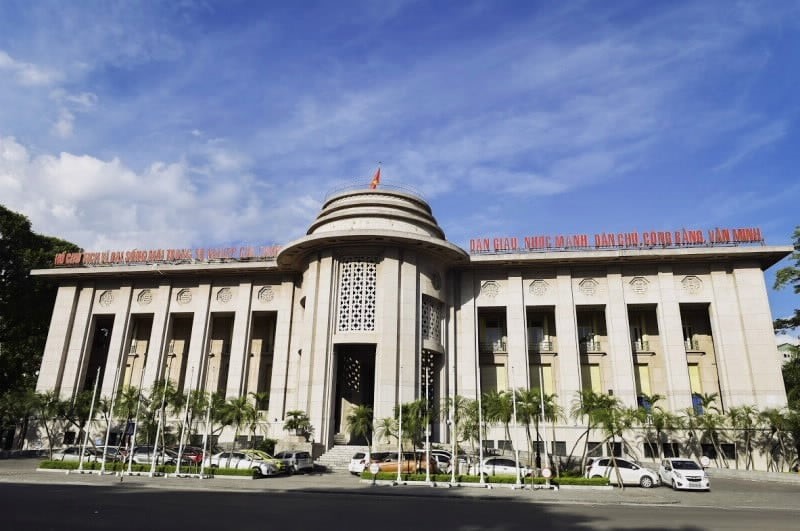
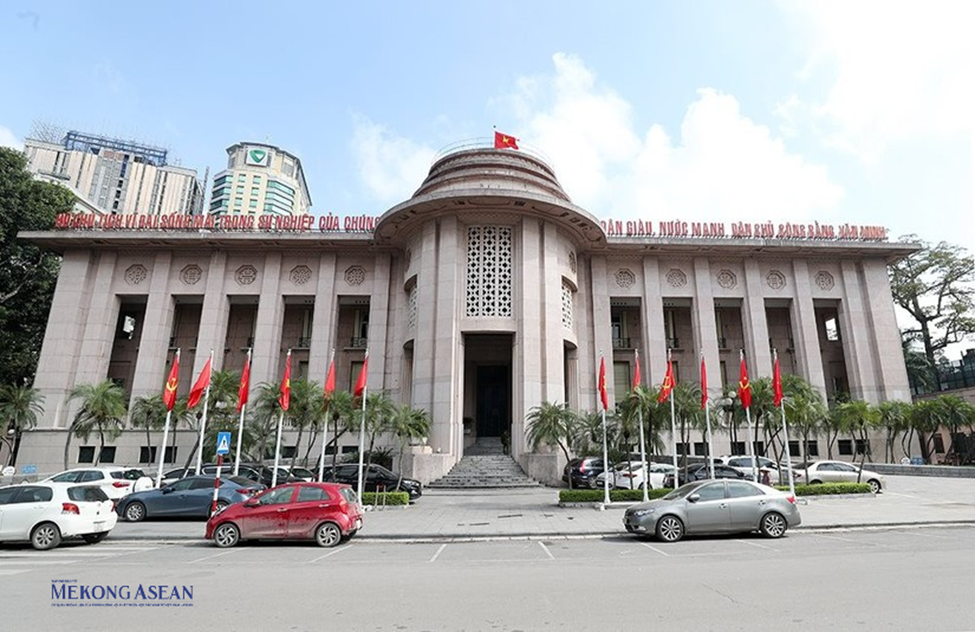
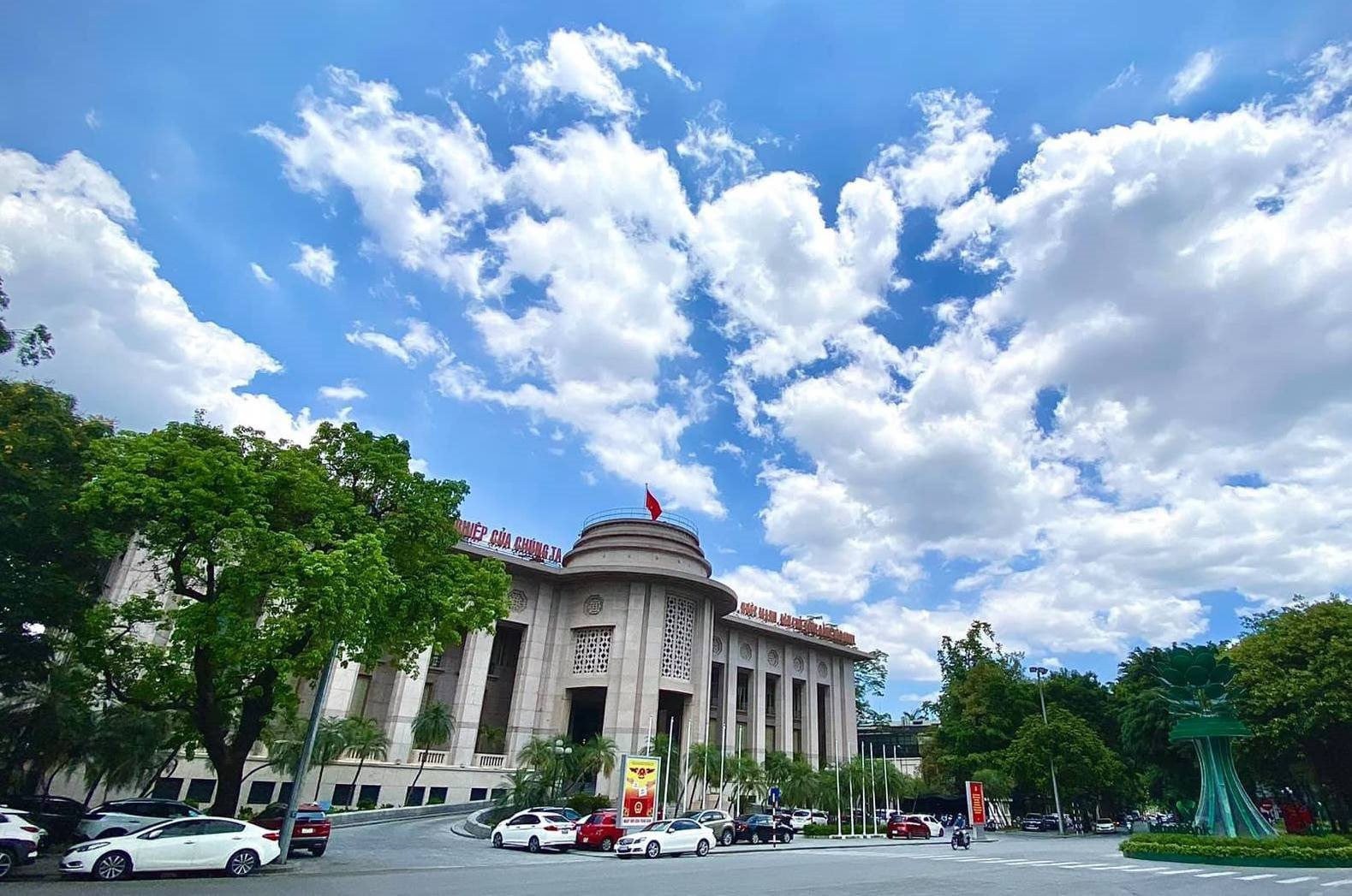
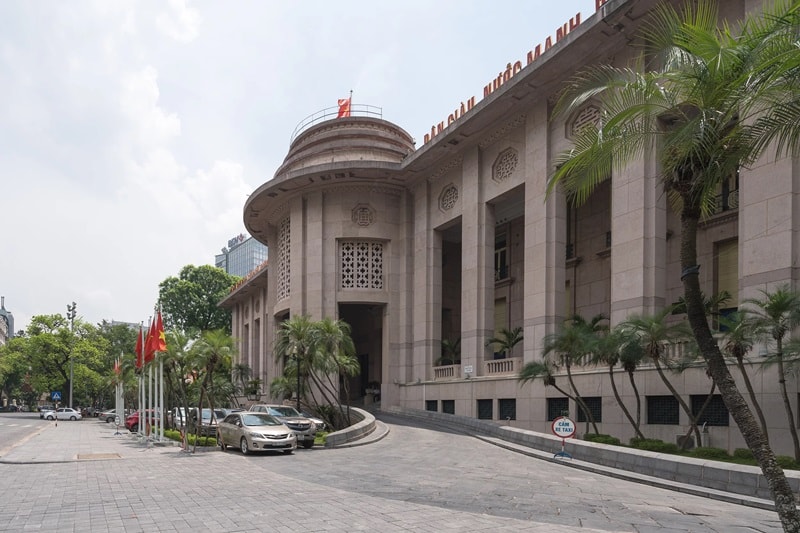
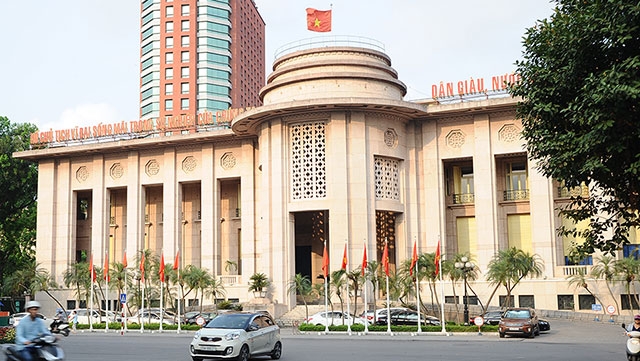

.Medium.png)
.Medium.png)
.Medium.png)
.Medium.png)
